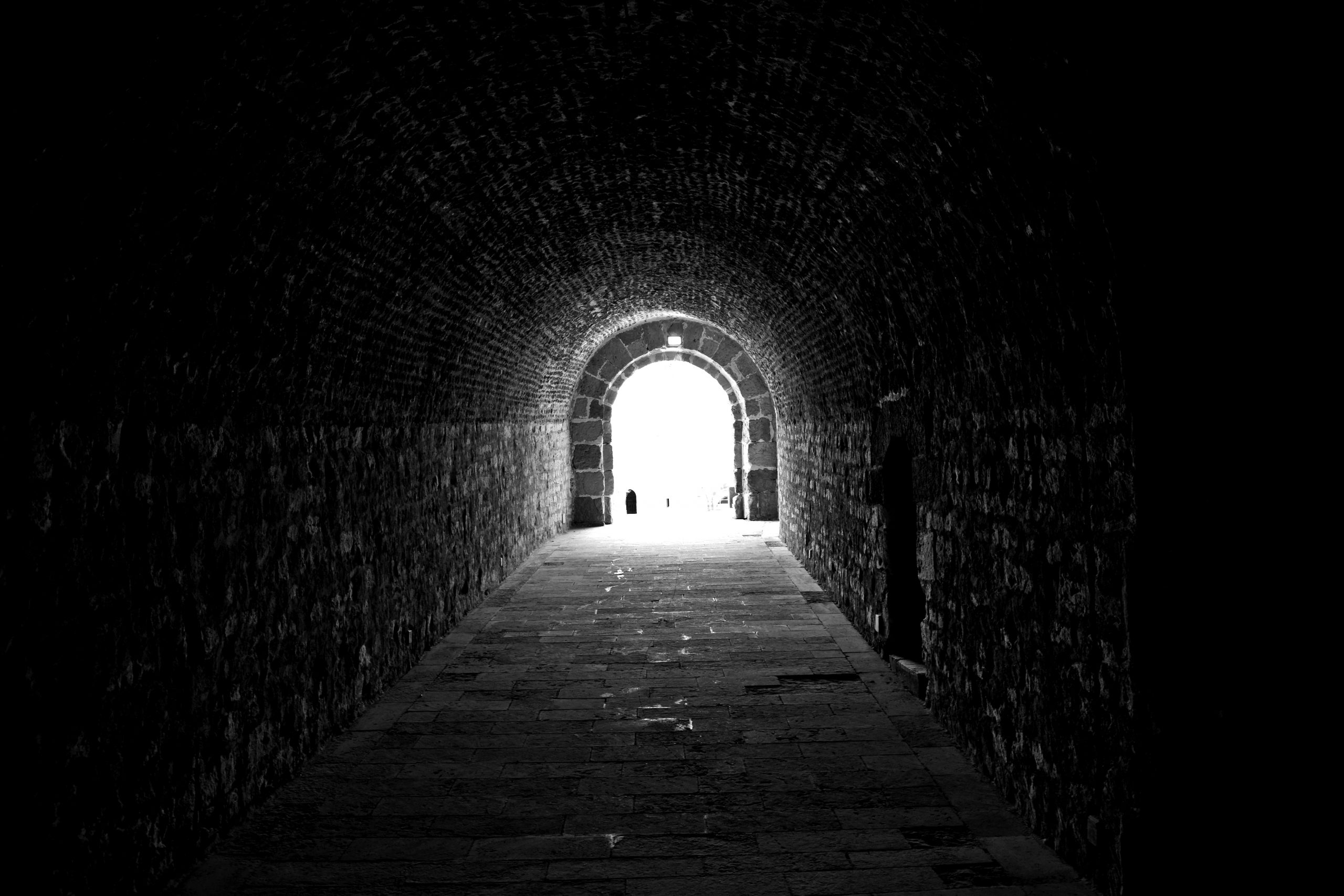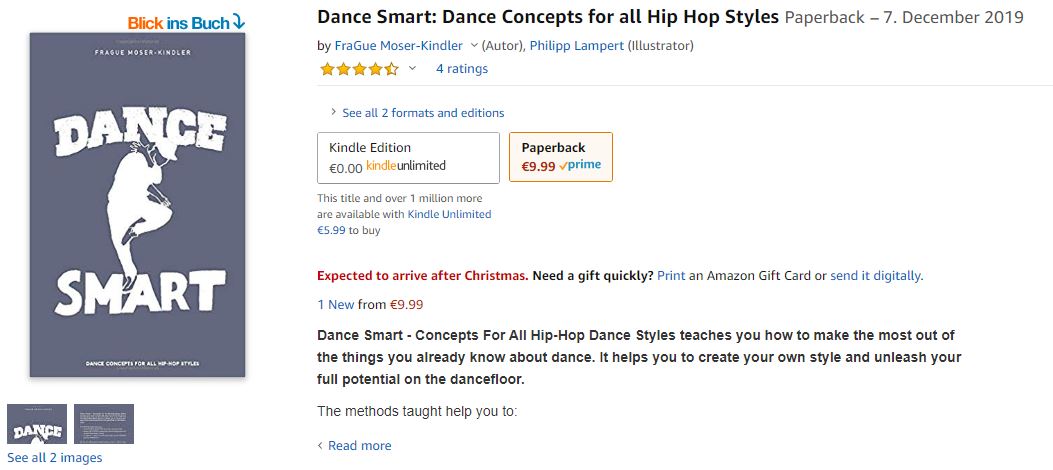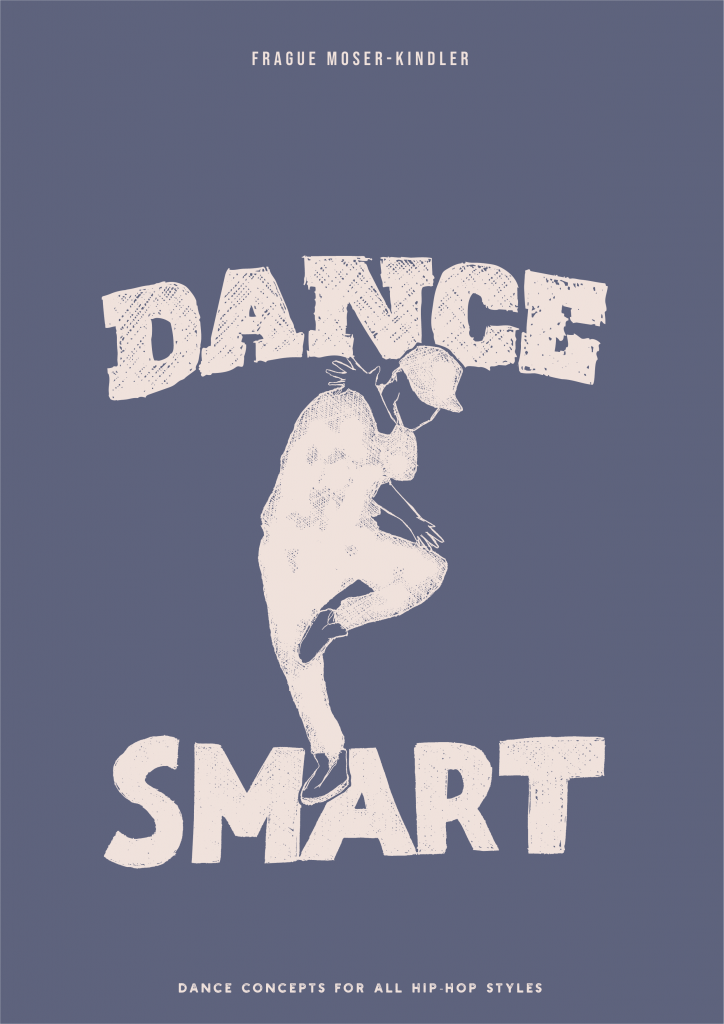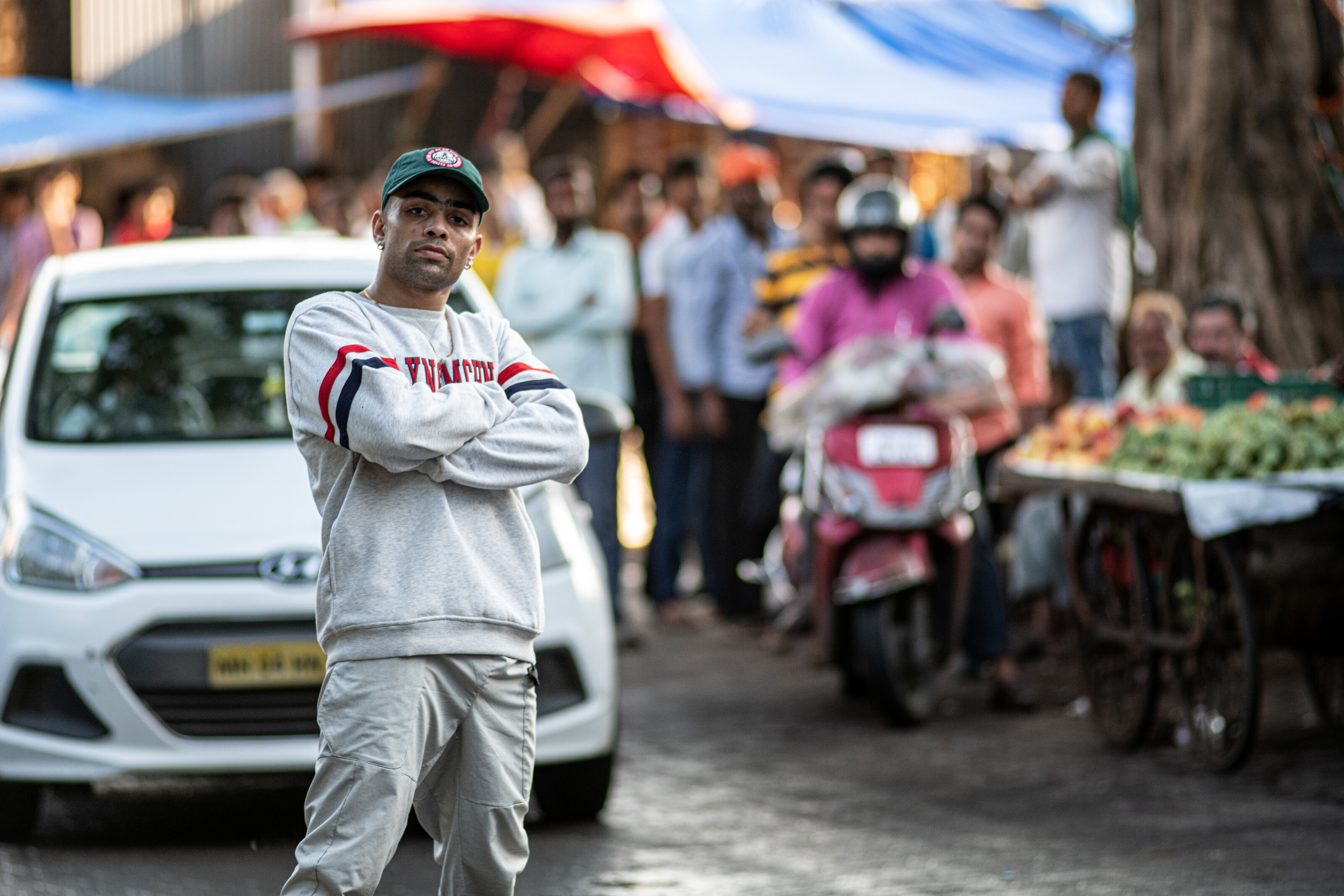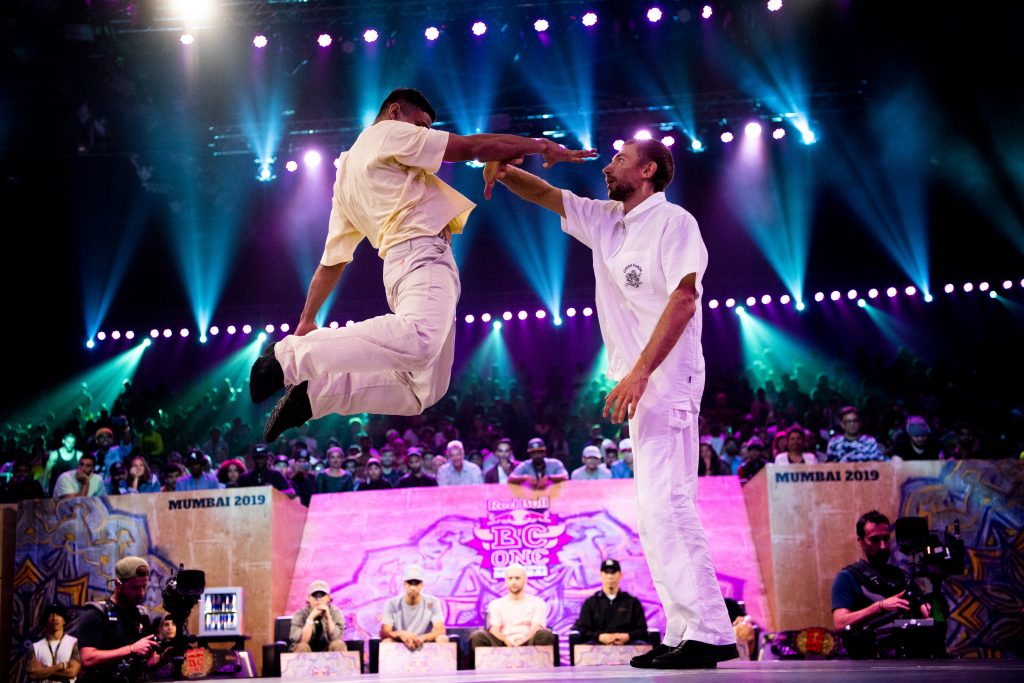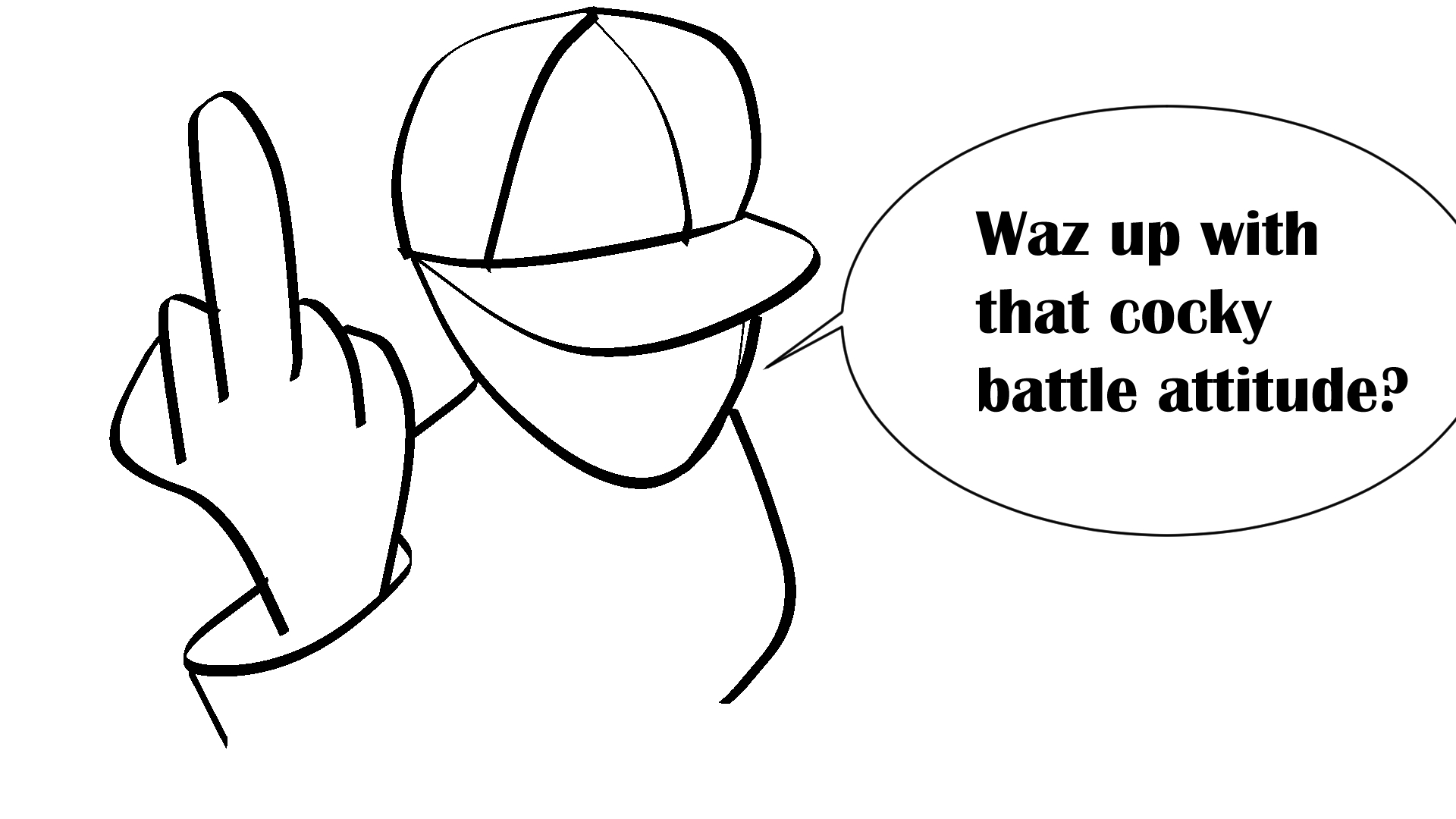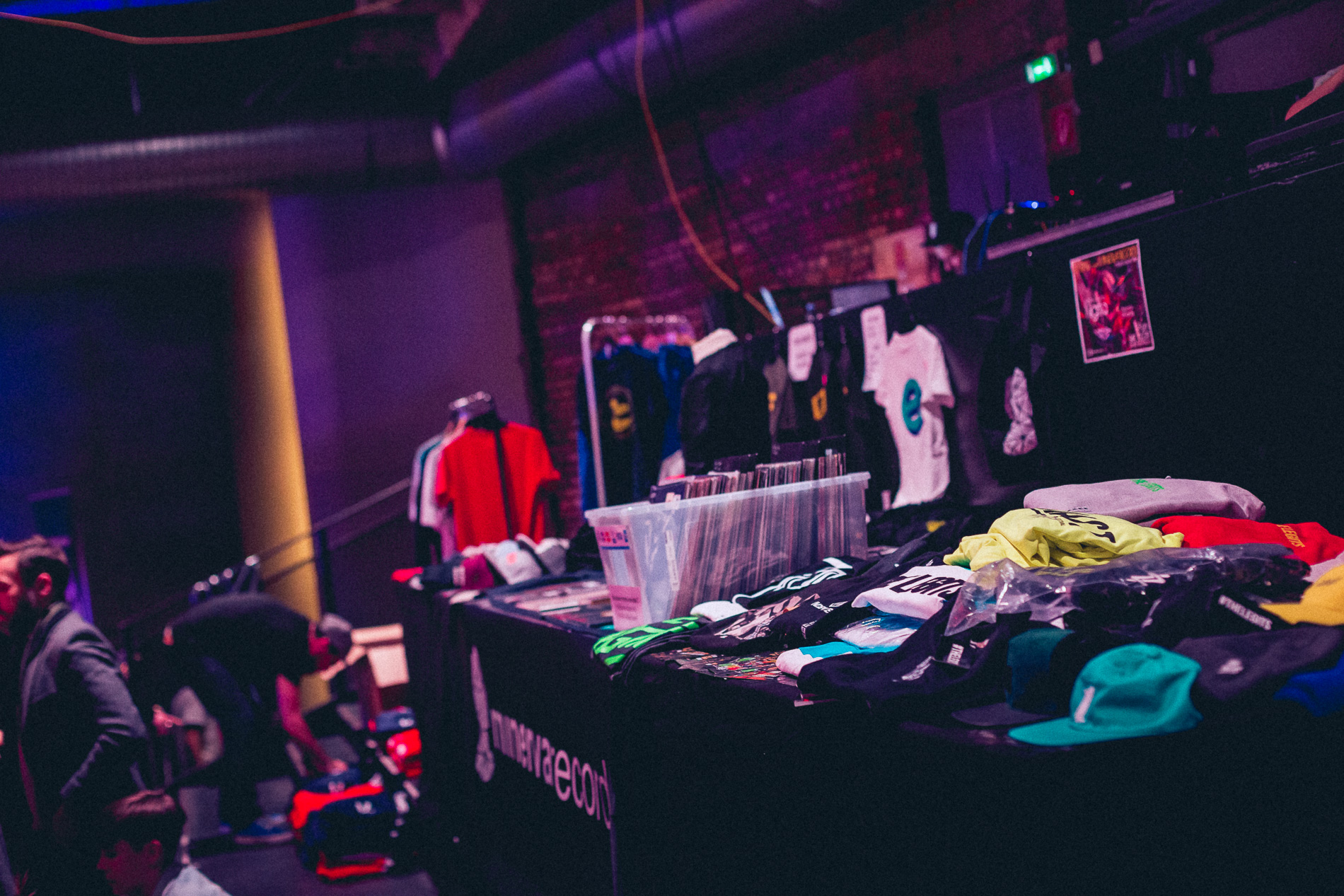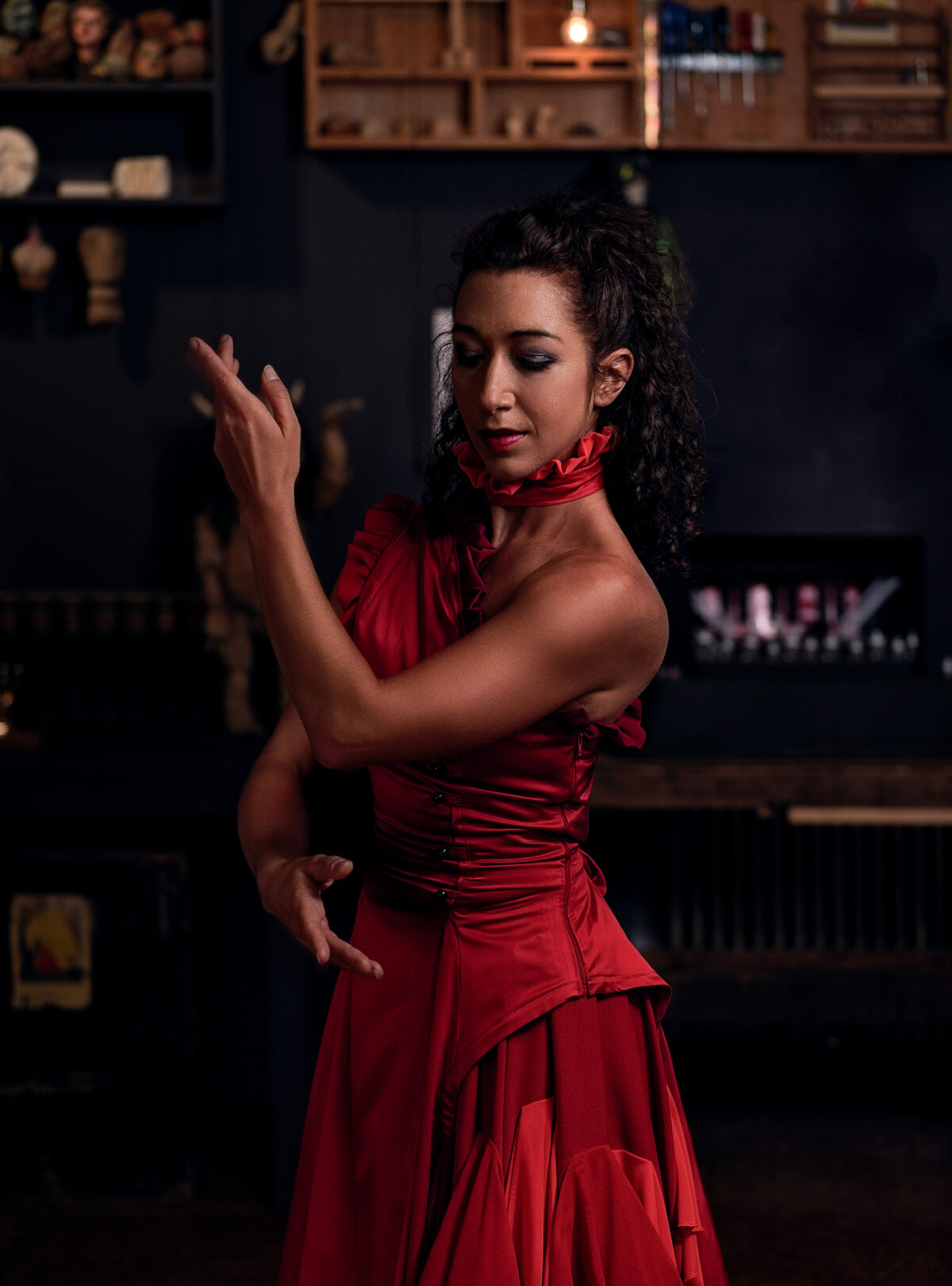The filter bubble is a term that describes the phenomenon of search engines, social media platforms, and online advertising systems showing you only the content that you are supposedly interested in while withholding the rest.
While the internet coined that term, the phenomenon itself is not new. The same happens to a lesser degree when you are primarily moving in only one social circle or one cultural scene. The topics that people talk about, as well as trends and political opinions, are (most of the time) consistent as long as you move within the same crowd.
This bubble leads to unintended tunnel-vision as information that is not part of our bubble goes unnoticed. Depending on your current situation, this can be good or bad.
Utilize a single bubble if you want to learn a craft that is specific to it.
If you want to learn a new skill or craft from one specific culture or subculture, immersing yourself into it is the best thing to do. Unwavering focus without any distractions will let you progress faster on your quest to learn a specific skill. That is the case if you want to learn hip hop dance or breaking. Dive into the scene, find friends, teachers, or mentors there, and become the greatest dancer you can be.
Avoid tunnel-vision by participating in multiple bubbles if you want to create or come up with a plan.
If you want to create something or come up with original or creative ideas, it is better to avoid bubbleism (I know that is not a word). You want to be on the edges of multiple bubbles. You have more influences and also access to more information. This is the case if you’re going to turn your dance passion into a sustainable dance business, beyond hip hop dance moves. You will be better off having access to the body of thought from the hip hop scene, entrepreneurs and community builders.
Know where you are on your journey and which bubbles you need to reach your destination.

